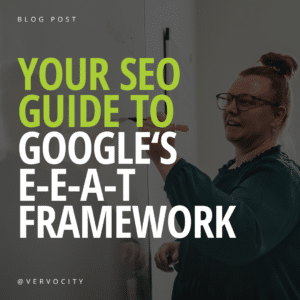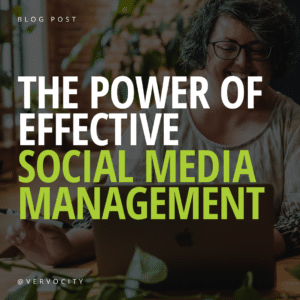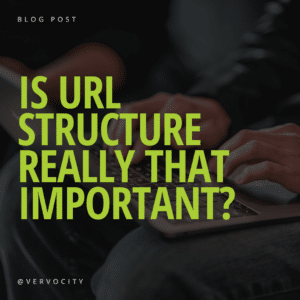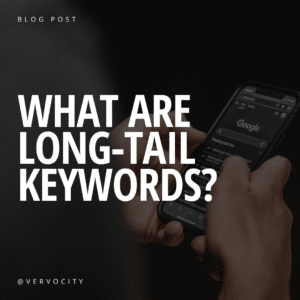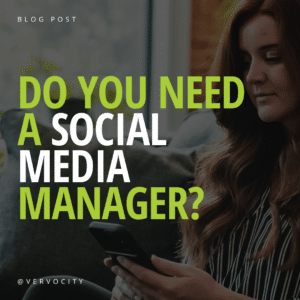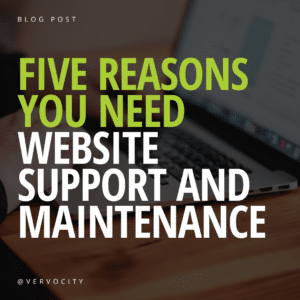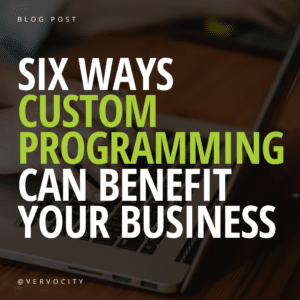Frequently Asked Questions About Digital Marketing
Digital marketing is one of our specialties. Our marketing services team has years of experience working with clients to answer their most frequently asked questions. Now we’d like to share those answers with you! We’ve put together a list of our 15 most commonly asked digital marketing questions.
-
What is digital marketing?
Digital marketing is a combination of online efforts for promoting your brand to potential customers. Digital marketing techniques include, but are not limited to, branding and logo development, copywriting, pay-per-click advertising, search engine optimization, email marketing, and social media marketing/management.
-
Can digital marketing actually help my business?
YES! In fact, not using digital marketing can even harm your business. Customers have come to expect the conveniency of finding businesses and services online. If your business doesn’t have a strong online presence, you’re missing out on potential customers. With billions of internet users, customers are always available online. Your business needs to attract them, and digital marketing is the key to doing just that.
-
What does pay-per-click (PPC) advertising mean?
Pay-per-click advertising is a model of digital advertising in which you only pay fees when your ad is actually clicked, hence the term ‘pay-per-click.’ Google Ads are a common form of pay-per-click advertising. You have most likely seen PPC ads at the top of your Google search engine results. Advertisers choose pay-per-click when they want to push their brand above the competition and see instant results. For more information on pay-per-click advertising, check out why Sometimes the Most Obvious Keywords are Duds.
-
What are keywords?
A keyword is a word or phrase that searchers use to find relevant results from a search engine. Keywords can be included within website page content, URLs, headlines, search engine titles, alt text, and meta description tags. Keywords best describe the topic of your business, product, or service so searchers can easily find information they’re looking for. These terms should be strategically placed and not overly stuffed throughout your site.
-
How long does it take to see results from Search Engine Optimization (SEO)?
Generally speaking, it takes around 4 to 6 months for significant SEO results. This does not mean you won’t start seeing improvements sooner, but lasting growth does take a little bit of time. Granted, the 4-6 month time period is for websites that already have some sort of SEO strategy in place. For websites with very little or no SEO strategies, it can take up to 12 months for competitive keywords to see a significant rise in search engine results.
These timeframes are generalized so don’t let them scare you. SEO is critical to your digital marketing strategy. It does not come with an upfront cost like PPC, but does require time, research, and dedication. The advantages of SEO far outweigh the disadvantages. Once your strategy has been successfully initiated, you will begin seeing increased organic website traffic, higher search engine rankings, and improved online credibility. Read our blog on How to Rank Higher in Search Engine Results for more information about the importance of SEO.
-
What is the difference between PPC and SEO?
PPC is paid advertising that displays above or below the search engine results. SEO focuses on displaying your website within the search engine results to increase the organic traffic to your website. We’ve created a chart to help you compare the two side by side.
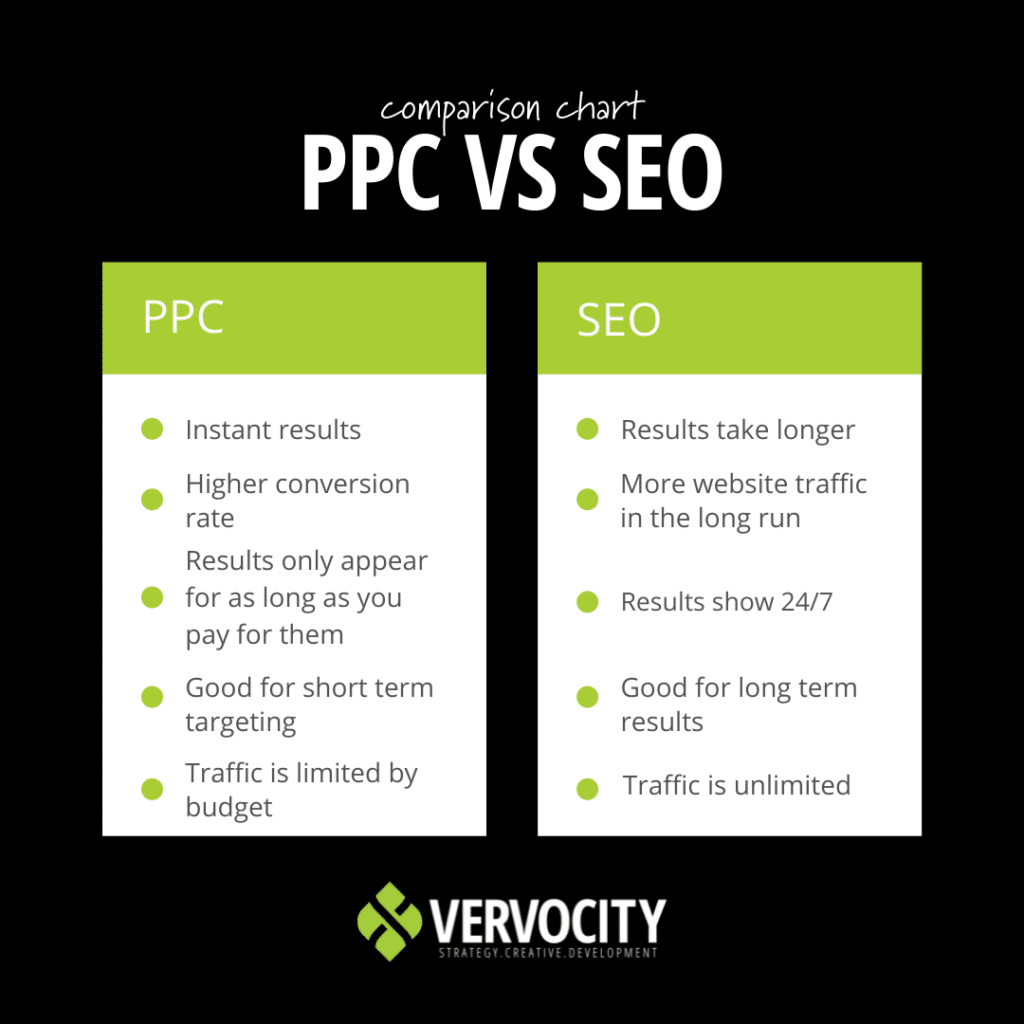
While PPC falls under search engine marketing and SEO is all about optimization, the two are not mutually exclusive. PPC works best when businesses want to target customers for a short period of time and appear right away at the top of their search results. PPC is also a great option for promoting sales or products for certain keywords. SEO provides the best long-term visibility without paying for keywords. Combining both PPC and SEO will give your business a leg up against your competition, extend your target reach, and maximize your conversions.
-
How often should I post to social media?
When it comes to social media marketing strategies, consistency is key. We recommend posting on social media five times a week, but no more than once or twice a day. Prioritize quality over quantity. You’ll also want to set goals and stick to them. If you plan on posting once a day for five days a week, try to follow that schedule as much as possible. Consistency matters more than frequency, so try not to go long periods of time without keeping your customers updated.
Each social media platform will have different ‘unwritten rules’ for the amount of times you should post. For example, you shouldn’t post more than twice a day on Facebook. We recommend one post per day, but any more than two will flood your page and drop your engagement rate. Twitter, however, does not have as strict of daily post limit. You can post to Twitter however many times you’d like, but again, be sure to focus on quality content over the amount of times you’re posting.
Finally, you can repurpose content for each platform. Determine which social media platforms work best for your business and don’t be afraid to re-use content. You will want to tailor your content to match the tone of the platform, though. Don’t just copy and paste your caption from Instagram to Twitter or LinkedIn. Find out which platforms your customers are using and create content to promote relationships and engagement.
-
Is email marketing worth it?
We think so! Here at Vervocity, we send out a weekly e-newsletter. Email marketing is a great way to instantly send a message to a large group of people at the same time. In fact, email marketing has one of the highest engagement rates of all digital marketing efforts. Billions of people use email, and effective e-newsletters have proven to result in a high Return on Investment (ROI), bringing in an estimated $36 for every $1 spent. With such a small up-front cost, email marketing is one of the most effective digital marketing efforts in terms of ROI.
Check out our blog post on Growing Your Business with Email Marketing for more information on e-newsletters and how to craft them.
-
Do I need a blog?
Most definitely. All types of businesses can benefit from populating a blog on their website. We post a new blog every week, but we recommend posting at least once a month. Some of the benefits of creating a blog include:
- Regular, new content for your website
- An opportunity for increased search engine optimization, especially for products or services
- Link-building placements
- An all-in-one place for your customers to stay updated on industry news, tips, and information
- More opportunities for driving traffic to your website
- Regular content that can also be shared on social media
When you create quality, informative website content for your customers, you create a platform they want to access. Use your blog as an opportunity to connect with your customers and provide them with helpful, entertaining, or informational material.
-
Does my website design affect my digital marketing?
Absolutely. You may not think too much about your web design while you are consistently posting on social media, but a poor design will generate poor results. A website that takes too long to load or is hard to navigate will result in a high bounce rate. You only have so long to keep the attention of your users, and they don’t have time to wait around for your website to pop up. Plus, Google prefers websites that are accessible, optimized, mobile-friendly, user-focused, and fast. If your website lacks any of these qualities, you could be missing out on valuable search engine real estate.
-
How often should I update my website content?
If your website hasn’t been updated in at least two years, it’s time for a refresh. Any time your business adds a new product, service, or major update, your website needs to be updated. Even if nothing major has changed in the past two years, a good rule of thumb is to update the content on your main pages to provide Google with a fresh look at your site. However, try not to change the main topic or keywords designated to those particular pages, especially if they’re ranking well for search engines. You want to keep your content relevant, but not lose all the progress you’ve already put into your SEO. As mentioned above, blog posts are also a beneficial opportunity to update your website content.
-
How can I track my competition?
Researching your competition is part of a successful digital marketing strategy. You will gain insight into what consumers in your industry engage with and how they respond to certain information. You can also monitor your competitors’ search engine rankings. Keyword tools will help you identify the keywords your competitors are ranking well for and then link to the content for that keyword.
Competitor social media accounts will provide targeted hashtags and content they’ve determined is helpful for their customers. As long as you aren’t copying your competition, keeping an eye on their online success can produce valuable insights for your own business.
-
What are some of the digital marketing tools you use?
We use a lot of different digital marketing tools. Meta Business Suite, Canva, and Later are a few of our most used social media management tools. For search engine marketing and search engine optimization, we use tools like Google Analytics, Google Ads, and keyword research platforms. Mailchimp is our go-to for email marketing. Your digital marketing goals will determine which tools will work best for your business, but we would definitely recommend looking into some type of content planning, keyword research, email marketing, data reporting, and optimization tools.
-
Do you provide digital marketing reports?
Absolutely! We believe in transparency with our clients. We know how important it is to see your return on investment, so we provide accurate reports of your digital marketing efforts. Whether you’ve signed up for social media marketing or search engine marketing, you will receive monthly reports detailing your progress. Our team will also schedule a call to go over any questions you might have about the reports.
-
How can Vervocity help?
At Vervocity, our digital marketing experts work as a team. Our marketing services department works together to provide our clients with different expertise and points of view. Members of our digital marketing team complete various digital marketing training sessions to stay up-to-date on the latest trends. We also utilize a variety of tools to provide the best market research, data, and results for our clients. Through our efforts as a team, we have created successful digital marketing campaigns for all types of businesses.
We hope this list of commonly asked digital marketing questions has provided you with a more in-depth look into digital marketing. If you have any questions or would like to learn more about how we can help, reach out to us!

